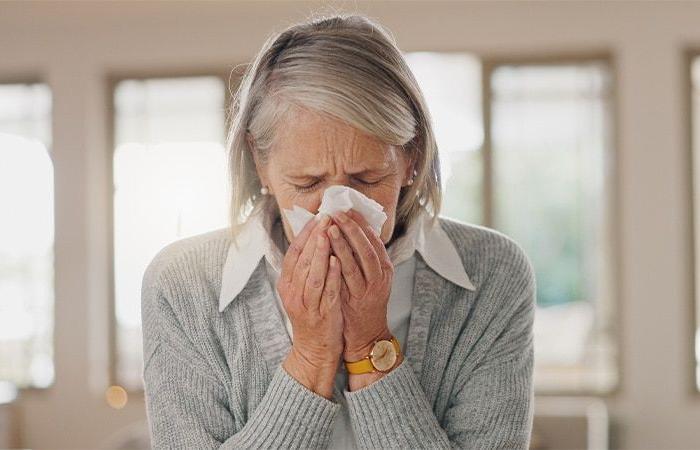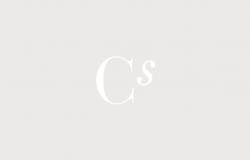Infections such as influenza and bronchiolitis are on the rise in France, while Covid-19 remains stable at low levels, according to the latest bulletin. Public health France (SPF).
Flu and bronchiolitis on the rise; relatively stable Covid-19 rate
What are the major epidemiological trends as the end-of-year holidays approach? Over the period from December 2 to 8, 2024, SPF notes a sharp increase in flu/flu syndrome indicators in the city and in hospitals, particularly among children, with co-circulation of viruses A (H1N1)pdm09 and B In France, four regions were in epidemic and eight in pre-epidemic, only Corsica was still at basic level.
The figures for bronchiolitis are also increasing, in town and in hospitals, while remaining “at levels lower than those of the pre-Covid-19 pandemic period”, specifies SPF. Knowing that other viruses likely to cause bronchiolitis continue to circulate, in particular rhinoviruses/enteroviruses. In France, all regions were in the epidemic phase in week 49, except Corsica, still at baseline.
Concerning Covid-19, the syndromic and virological indicators remain generally stable in the city and in the hospital, although with an increase in the level of circulation of SARS-CoV-2 in wastewater in S49 compared to the previous week.
In medical-social establishments (EMS), the number of new episodes of acute respiratory infections (ARI) – mainly attributed exclusively to Covid-19 – tends to decrease compared to previous weeks.
Vaccination, including health professionals, still relevant
While family reunifications are looming, SPF reminds that there is still time to get vaccinated. Vaccination is recommended for all eligible people, in order to protect themselves and those around them: people aged 65 and over; people aged over 6 months with comorbidities with a high risk of severe disease; immunocompromised people; pregnant women; residents in follow-up care establishments or in medico-social establishments whatever their age, as well as people living in the entourage or in regular contact with people who are immunocompromised or vulnerable to serious forms of infection, including health professionals.
Concerning RSV infections in infants, the passive immunization campaign is underway. Two strategies are possible: either vaccination of the pregnant woman to protect the newborn or infant under 6 months of age, or immunization of infants with a monoclonal antibody. Without forgetting that those close to you are encouraged to be vaccinated.
Adopting barrier gestures remains essential to protect yourself from all winter diseases.






